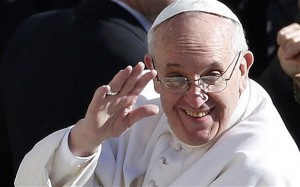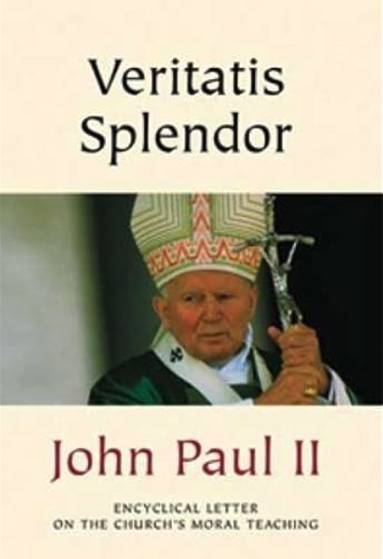The Weekly Francis is a compilation of the Holy Father’s writings, speeches, etc., which I also cross-post on Jimmy Akin’s blog.
This version of The Weekly Francis covers material released in the last week, from 29 June 2023 to 3 August 2023.
Angelus
Apostolic Letter
Homilies
- 23 July 2023 – Holy Mass – World Day for Grandparents and the Elderly
- 2 August 2023 – Apostolic Journey to Portugal’ Vespers with Bishops, Priests, Deacons, Consecrated Persons, Seminarians and Pastoral Workers in ‘Mosteiro dos Jerónimos’ (Lisbon)
Letters
- 25 July 2023 – Letter of the Holy Father on the occasion of the 30th anniversary of the attacks on the Papal Basilica of Saint John Lateran and the Church of San Giorgio in Velabro
- 1 August 2023 – Letter of the Holy Father to the new Magnificent Rector of the Pontifical Lateran University (1st August 2023)
Messages
Speeches
- 16 July 2023 – To youth from Córdoba, Argentina
- 24 July 2023 – To the Participants in the General Chapter of the Religious of Mary Immaculate Claretian Missionary Sisters
- 2 August 2023 – Apostolic Journey to Portugal’ Meeting with the Authorities, Civil Society and the Diplomatic Corps in the Cultural Centre of Belém (Lisbon)
- 3 August 2023 – Apostolic Journey to Portugal’ Meeting with University Students at ‘Universidade Católica Portugesa’
Papal Instagram




